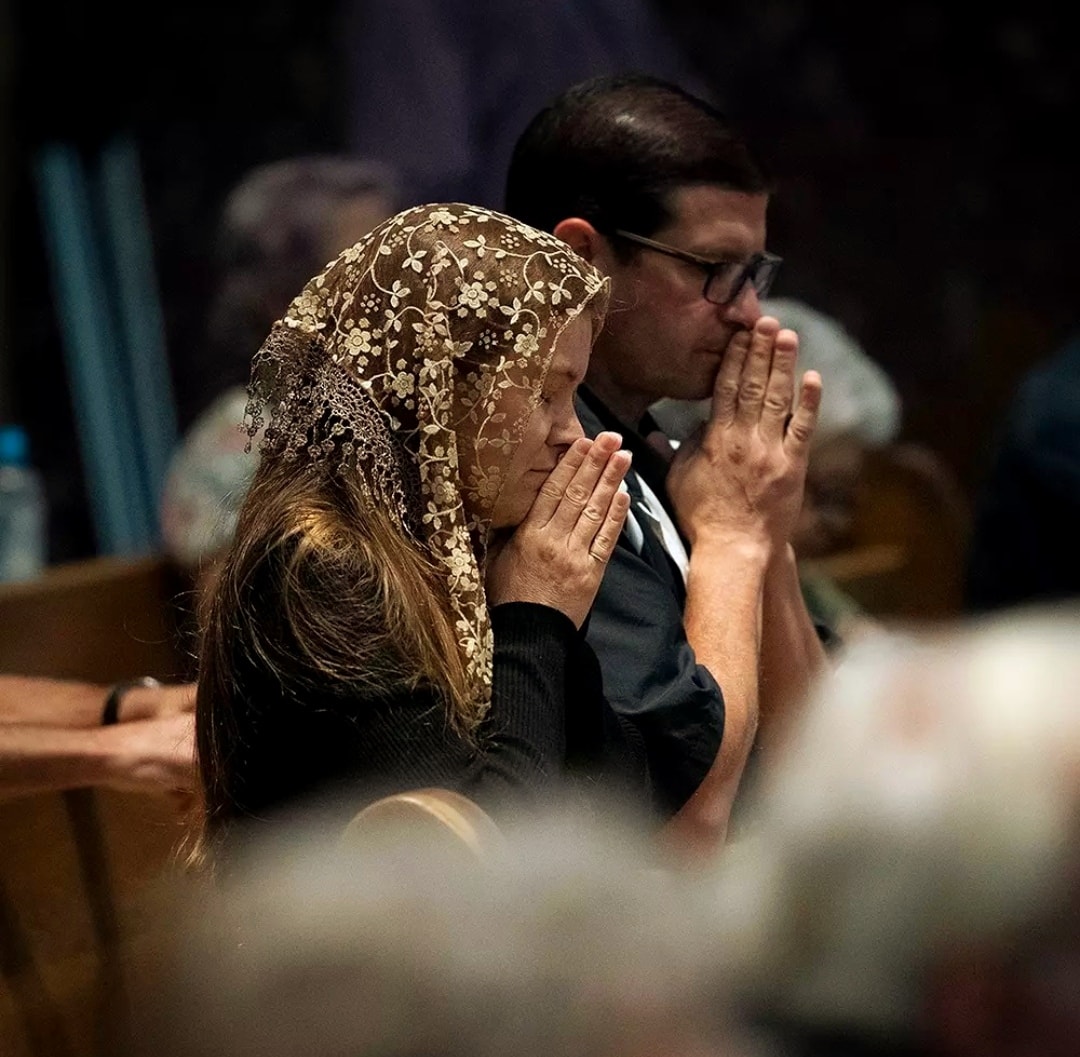
Lk. 18: 9-14
“I humble myself before God and there the list ends.” (Sam Houston) What you are before the Lord doesn’t matter, but the attitude with which you pray matters to the Lord. Prayer is a moment of knowing and self-surrender. By knowing the Lord, we understand ourselves better and deeper. This self-awareness helps us to understand ourselves and others. As this relationship with God deepens through our life of prayer, we will be able to transform our selfishness and self-centered love into self-giving and other-centered love.
The gospel passage of the day presents two kinds of prayer models for us. The first model is that of a Pharisee. He came to God’s presence without the clear motivation of worshipping him. He wanted to show others that he was pious and better than others. His prayers before the Lord indicate this fact. He upholds himself on the high pedestal by saying these words of self-justification and pride-“I am not like the rest of humanity, greedy, dishonest, adulterous and pointing to the tax collector close by I am not like him.’ Then presents what he does for the Lord such as his account of his fasting, giving regularly the tithes etc. Like the eldest Son in the parable of the prodigal Son he was possessed by his self-righteous. He compares himself with the tax-collector and making himself self-righteous. He considered himself a saint and whatever he has, and whatever he is… not because of God’s grace rather his own effort and achievements. He forgets to acknowledge the Lord’s his mercy and goodness in his life. However, he did not even utter a word of gratitude before the Lord.
The second model is that of the tax collector; he is considered a public sinner. He might have been carrying the burden of guilt. He did not even dare to lift his eyes to heaven. He has only one prayer: “Lord have mercy on me,’ the expression of sincere repentance. He has the self-awareness that he failed before the Lord. He acknowledges his need for grace to transform his life.
When we analyse these two prayer models, we may think, “What is the problem with Pharisees?” It is true that he fulfilled all the requirements of the law externally, but internally he was far from the Lord. The Lord accepts a contrite heart and not the self-righteous. The first reading of the day underlines this fact: “He will not show partiality to the poor, but he will listen to the prayer of one who is wronged. He will not ignore the supplication of the orphan or the widow when she pours out her complaint. ” (Sir. 35: 16,17) The Pharisee came with a self-righteous heart, where as the tax collector came with a contrite heart, and the Lord accepted his true repentance and justified him in his presence. Venerable Fulton J. Sheen says: “Humility is dependence on God, as pride is independence from him. The humble soul is always a thankful soul. ” As we meditate on this gospel passage today, let us analyse and see our attitudes before the Lord. If we see a self-righteous and proud Pharisee in ourselves, let’s give up and ask for his help to grow spiritually by being humble in front of him.